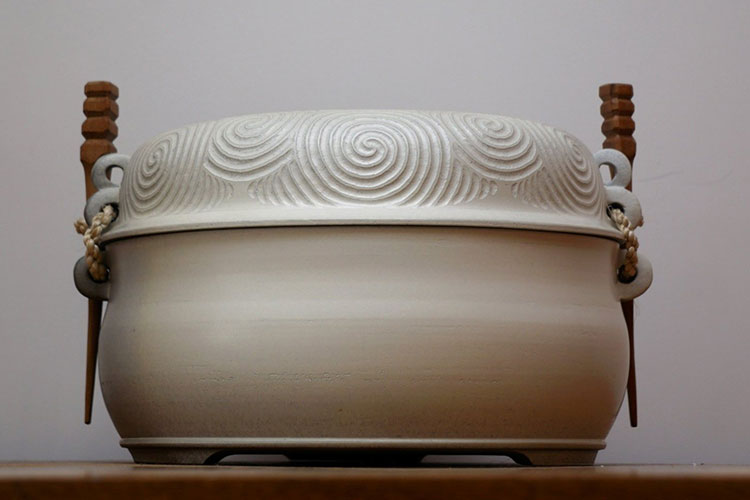Ngā Kākano o Te Mānuka Puna Whakatupu in Māngere is trialling cotton nappies for tamariki to reduce the impact on landfill.
Te Wānanga o Aotearoa ngā Puna Whakatupu are cottoning on to a sustainability trial that aims to say “ka kite” to disposable nappies.
From June 11, Māngere campus early learning centre Ngā Kākano o Te Mānuka, will be part of a pilot programme to implement the use of cloth nappies to reduce landfill waste.
TWoA Lead Early Learning Tracey Mansell says the transition is being made with support from Auckland Council, who will conduct a waste audit before the new system is introduced and then again after the trial.
“There has been lots of positive feedback from families about our decision to do this as it gives them the confidence to try it at home too," says Tracey.
As well as attending waste workshops, Ngā Kākano o Te Mānuka staff also held their own wānanga to air their whakaaro around the upcoming changes.
One major benefit identified, alongside the waste reduction, was the immediate savings to families, with estimates that up to $4000 can be saved per child by using cloth nappies.
The centre may also be eligible to bulk purchase their own nappies through Auckland Council’s Waste Minimisation and Innovation Fund.
The pūtea supports projects to reduce and minimise the amount of waste going to landfill and has already helped pay the cost of Māngere Campus to conduct its own waste audit.
Tracey says in 2012, the council worked with several Auckland early childhood centres to ascertain the feasibility of operating with cloth nappies rather than disposables.
The idea proved so successful that the majority of participants switched permanently.
“Not only will the council loan us a kit of modern cloth nappies, they’ll also provide us with expert advice and support,” Tracey says.
Auckland council Waste Planning Advisor Nicola Strawbridge says a bilingual Samoan early childcare centre in Māngere reduced their rubbish by a third each day after taking part.
They are now sending 300kgs less waste to landfill every month which is a much more environmentally-friendly option.
“In Auckland, approximately 12 percent of waste to landfill is sanitary waste including single use nappies,” she says.
“If every baby had just one cloth nappy change per day, this would prevent 1 million disposable nappies from going to land fill every week in New Zealand.”
After the trial Tracey says Ngā Puna Whaktupu will be in a better position to make an informed decision about their commitment to the kaupapa, that they hope to roll out across the other early learning centres in Gisborne, Hamilton, Tokoroa and Te Awamutu.




































